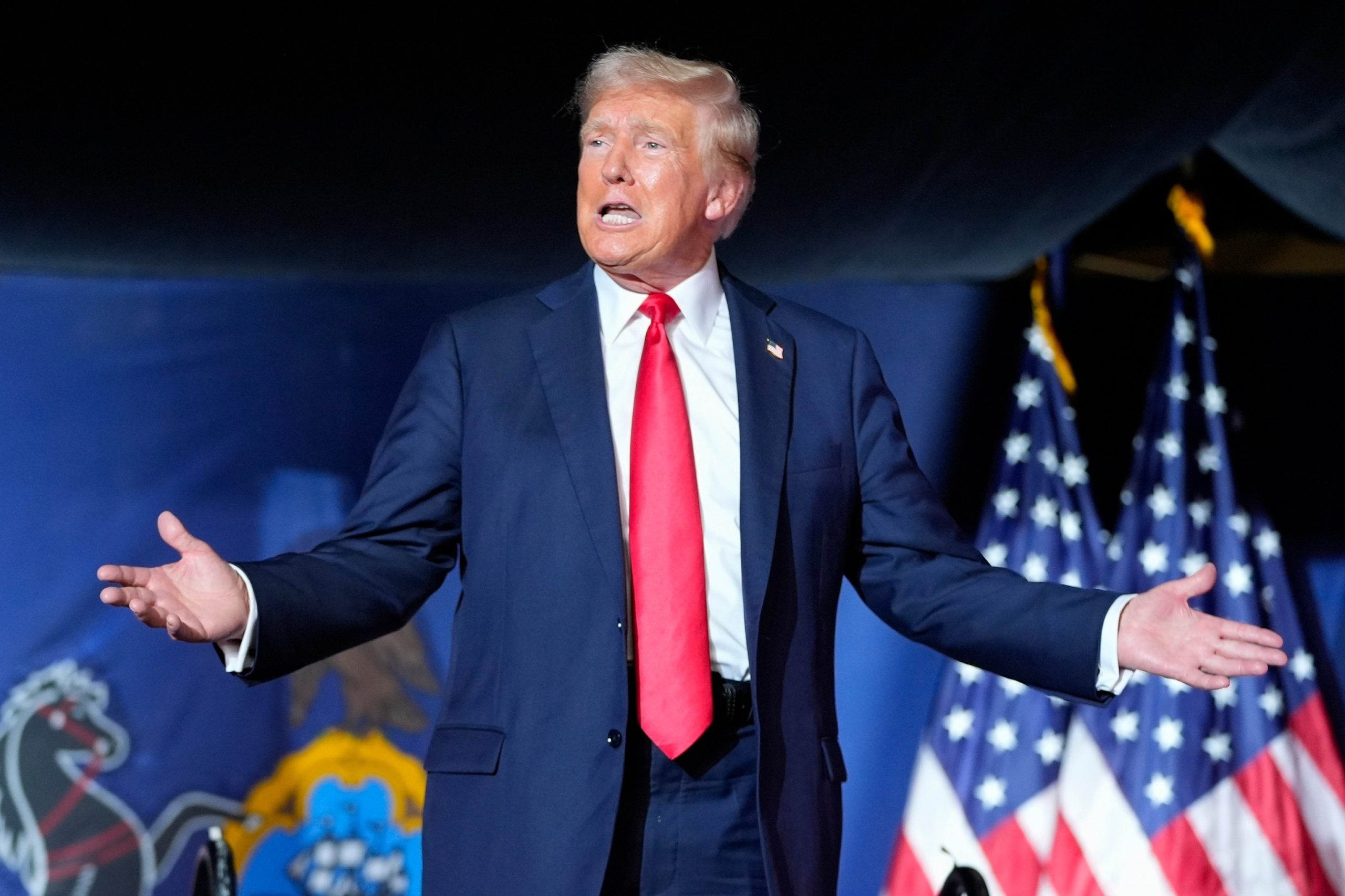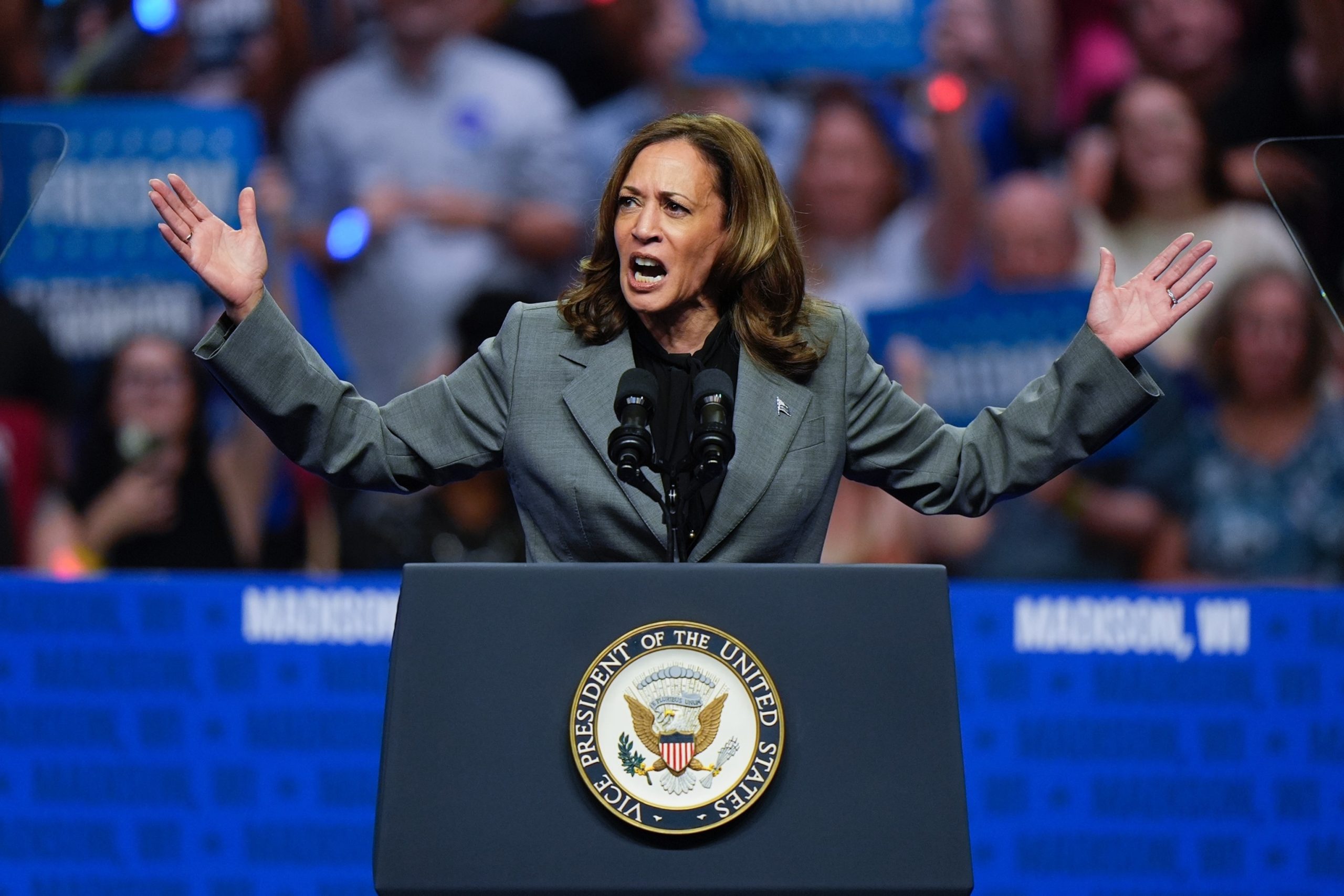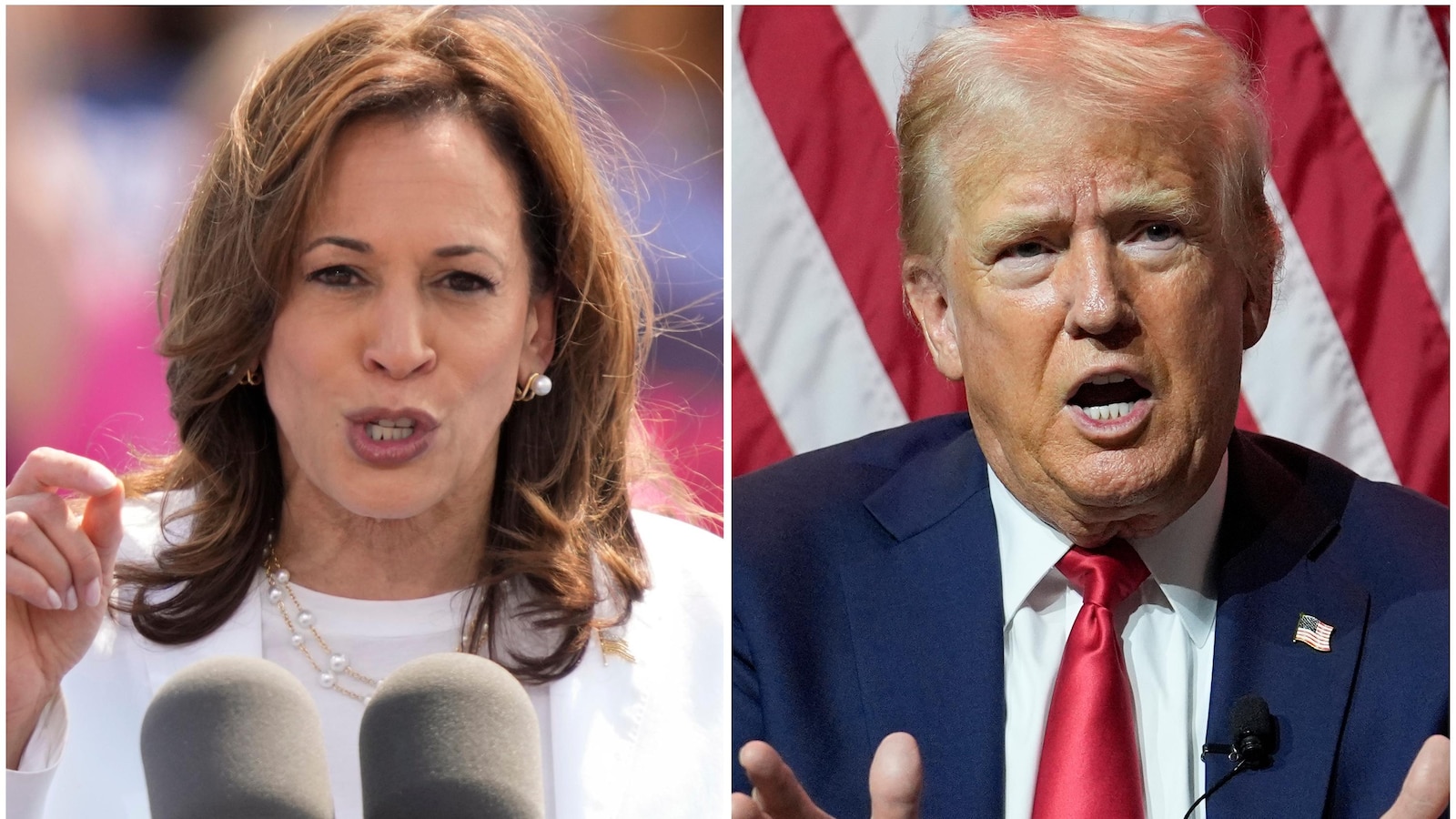A Pakistani national with purported ties to Iran was arrested last month on charges he plotted to assassinate former President Donald Trump and multiple other public officials, according to a criminal complaint unsealed Tuesday in Brooklyn federal court.
While the criminal complaint does not mention Trump by name, multiple sources familiar with the case told ABC News one of the intended targets of the alleged plot was Trump. Other possible targets included government officials from both sides of the aisle, the sources said.
After spending time in Iran, Asif Merchant flew from Pakistan to the U.S. to recruit hitmen to carry out the alleged plot, according to a detention memo. The person he contacted was a confidential informant working with the FBI, according to the criminal complaint.
Merchant, 46, is charged with murder for hire.
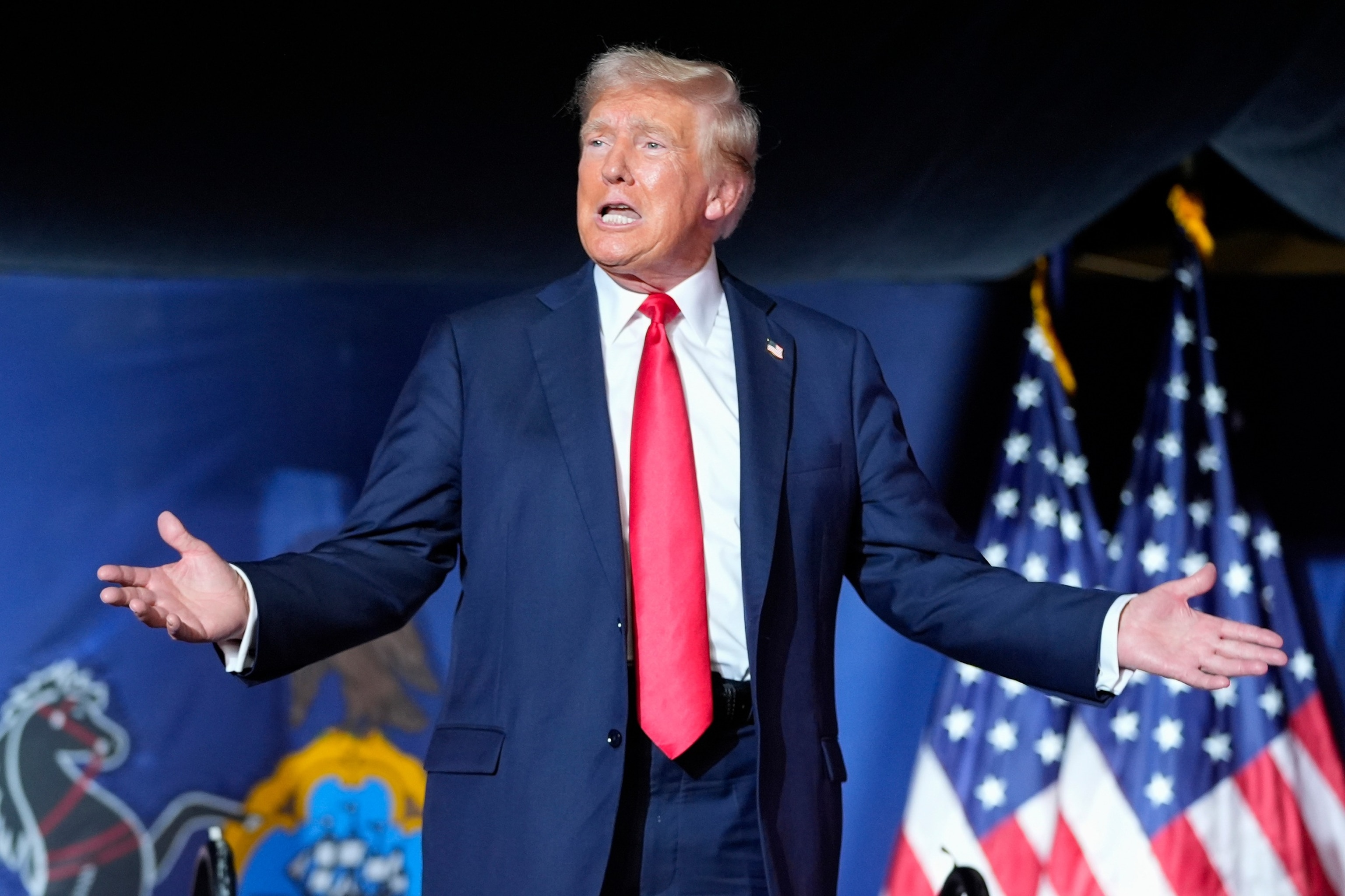
Republican presidential candidate former President Donald Trump arrives to speak at a campaign rally, July 31, 2024, in Harrisburg, Pa.
Alex Brandon/AP, FILE
Asif was arrested July 12, one day prior Trump’s July 13 rally in Butler, Pennsylvania, where he was shot in the ear.
“For years, the Justice Department has been working aggressively to counter Iran’s brazen and unrelenting efforts to retaliate against American public officials for the killing of Iranian General Soleimani,” Attorney General Merrick Garland said in a statement. “The Justice Department will spare no resource to disrupt and hold accountable those who would seek to carry out Iran’s lethal plotting against American citizens, and will not tolerate attempts by an authoritarian regime to target American public officials and endanger America’s national security.”
In April, Merchant arrived from Iran and contacted someone to help with his plot, according to officials. The person ended up being a confidential source who reported the information to law enforcement, according to the Justice Department. Merchant allegedly again met up with the source in early June and explained the assassination plot and said it was “not a one-time opportunity,” officials said.
“Specifically, Merchant requested men who could do the killing, approximately 25 people who could perform a protest as a distraction after the murder occurred, and a woman to do ‘reconnaissance,'” the complaint said.
By mid-June, he met up with the people he thought would carry out the hits — but who were actually undercover law enforcement officials, according to the U.S. Attorney’s Office.
Merchant even paid the apparent hitmen $5,000 as an advance on the assassinations before making plans to leave the country when the killings took place, officials said. Instead, he was arrested on July 12, the date he planned to leave the U.S.
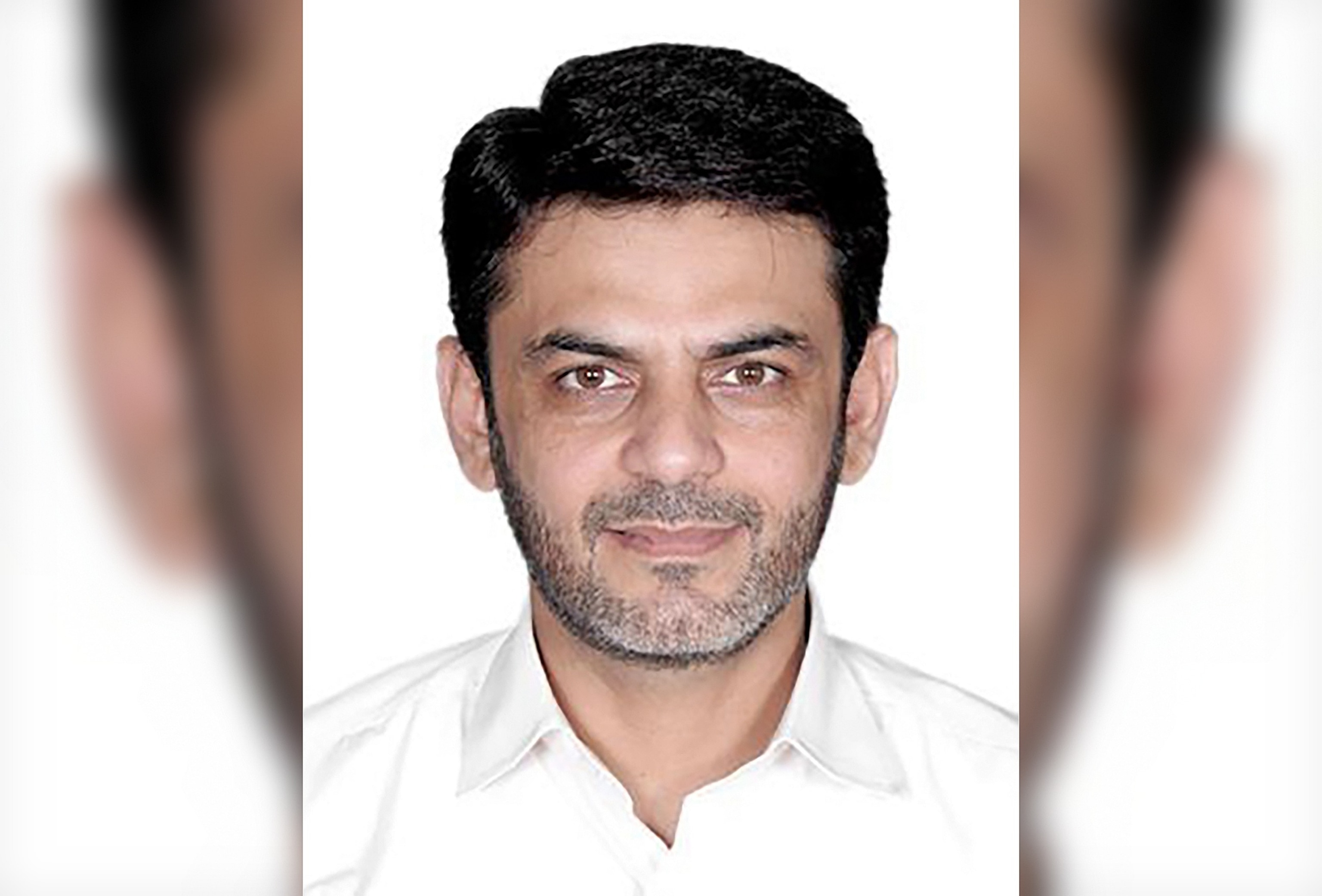
Asif Merchant.
U.S. Justice Department
A final target had not been selected by the time Merchant made arrangements to fly out of the U.S., according to officials.
Investigators have said they’ve found no link between foreign operatives and Thomas Crooks, the 20-year-old shot and killed after he tried to assassinate Trump from a rooftop near the stage, but the arrest may help explain some last-minute adjustments to rally security.
“We were initially told that there was no Secret Service snipers coming but that was shifted either Thursday or Friday to indicate that there were,” Pat Young, head of the Beaver County Emergency Services Unit, told ABC News. “We had been told that this is the first time that a non-sitting president had been allocated Secret Service snipers. So that threw up some alarm bells for some of our guys that — why the sudden shift — from one stance to the other?”
The Department of Justice (DOJ) recently charged a Pakistani national with an alleged plot to assassinate President Donald Trump and other public officials. The suspect, identified as 28-year-old Ahmed Waqas Goraya, was arrested by federal authorities after an extensive investigation uncovered evidence of his involvement in the conspiracy.
According to the DOJ, Goraya had been communicating with individuals who were planning to carry out attacks on high-profile targets in the United States, including President Trump and other government officials. The investigation revealed that Goraya had expressed a desire to participate in these attacks and had provided support to the individuals involved in the plot.
Authorities also discovered that Goraya had been in possession of firearms and other weapons that could have been used in the planned attacks. Additionally, they found evidence of his ties to extremist groups and his radical beliefs that motivated him to target American leaders.
The charges against Goraya include conspiracy to commit acts of terrorism and providing material support to terrorist organizations. If convicted, he could face significant prison time and other penalties for his alleged involvement in the assassination plot.
This case serves as a stark reminder of the ongoing threat posed by individuals who seek to harm public officials and undermine the security of the United States. It also highlights the importance of vigilance and cooperation between law enforcement agencies in identifying and apprehending individuals who pose a danger to national security.
In response to the charges, Attorney General William Barr issued a statement emphasizing the DOJ’s commitment to protecting the American people from terrorist threats. He praised the efforts of law enforcement agencies in preventing a potential attack on President Trump and other public officials, and vowed to prosecute Goraya to the fullest extent of the law.
As the case against Goraya unfolds, it will be important for authorities to continue monitoring and investigating individuals who may be involved in similar plots. The DOJ’s swift action in this case demonstrates its dedication to safeguarding the nation against terrorism and upholding the rule of law.
In conclusion, the charges against Ahmed Waqas Goraya for his alleged plot to assassinate President Trump and other public officials underscore the ongoing threat of terrorism and the need for continued vigilance in protecting national security. The DOJ’s prosecution of this case sends a strong message that individuals who seek to harm American leaders will be held accountable for their actions.
